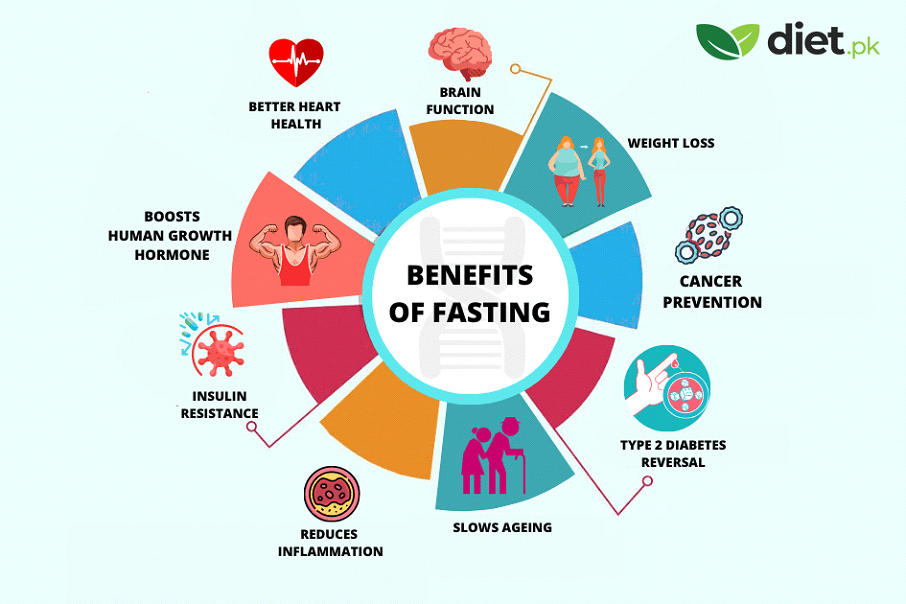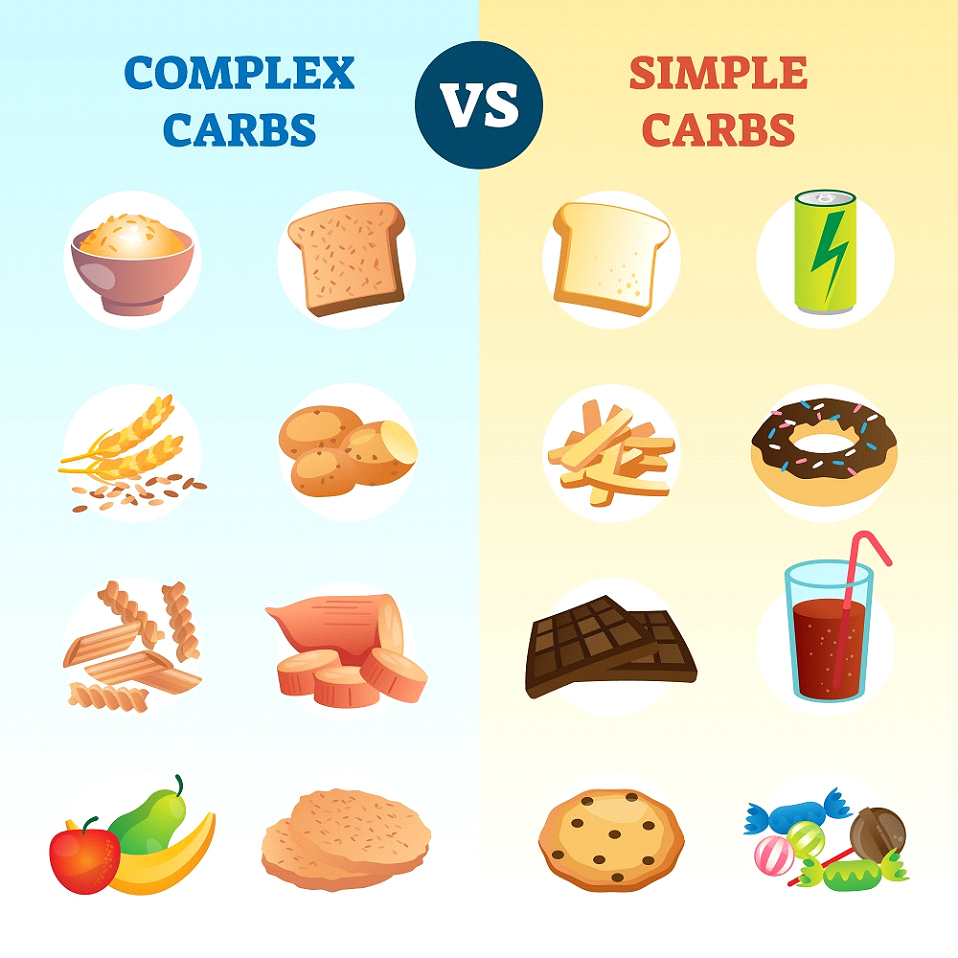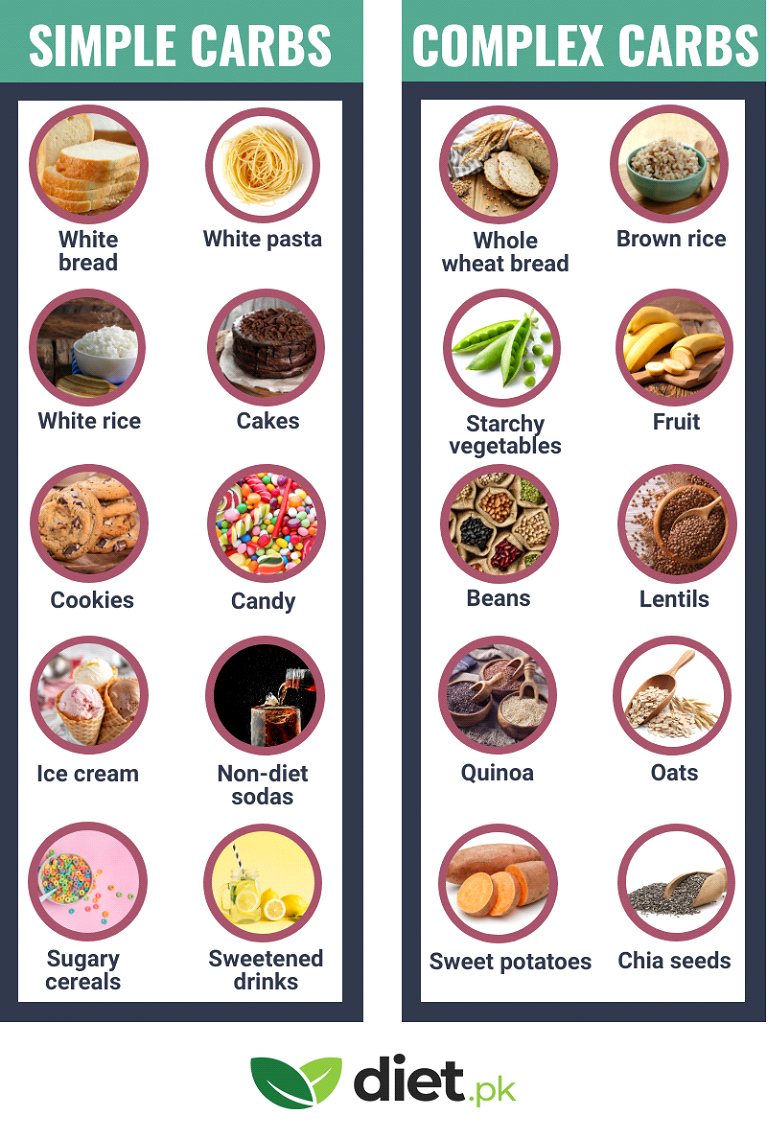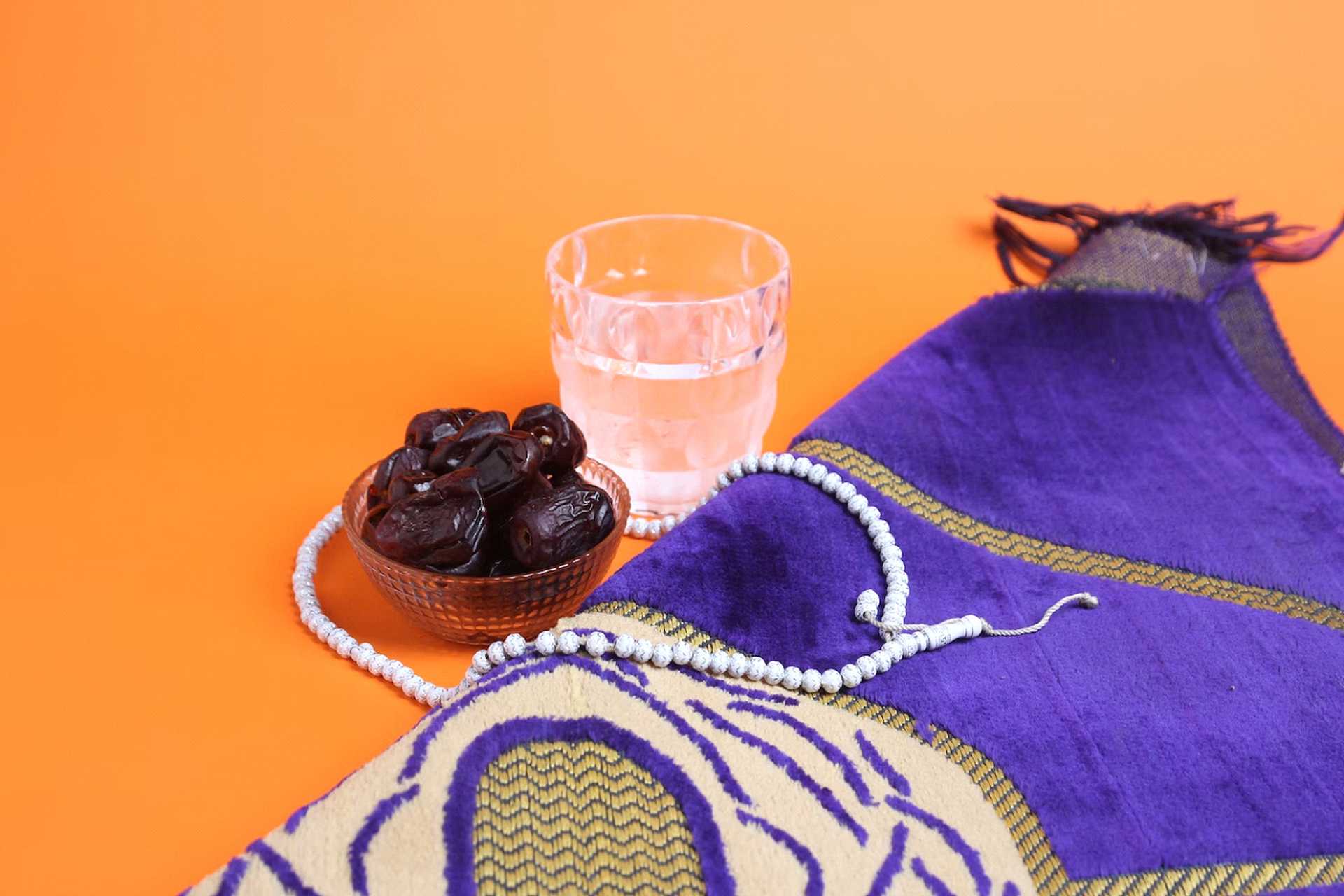How to Stay Fit & Active In Ramadan – Benefits of Fasting
The Holy month of Ramadan is of significant importance to the Muslim community across the globe. It is a time when Muslims observe fasting, abstaining from food and drink from dawn until dusk. The pre-dawn meal, “Suhoor,” is taken just before sunrise, while the fast is broken at sunset with the “Iftar” meal.
Apart from the spiritual benefits of fasting, this month also holds great importance from a health perspective. Staying fit this month is challenging for many as their eating and sleeping routines are modified significantly. While maintaining a routine is problematic for many, it is a blessing in disguise for people aiming to lose fat.
This article will teach you seven ways to stay fit during Ramadan. You will learn what to consume and avoid during Ramadan, helping you maintain a healthy and balanced diet while observing the fast. You will also discover many benefits of fasting.
Health Benefits of Fasting

Intermittent fasting is an effective technique for weight loss and has shown promising results for people with Type-2 diabetes. By abstaining from food and drink for a certain number of hours, the body is able to excrete toxins, reduce the risk of cancer, and improve brain function. Research suggests fasting for 10 to 16 hours can initiate fat transformation into energy.
Consume Complex Carbohydrates
During Ramadan, Muslims observing the fast can maintain an overall healthy lifestyle through fasting and healthy eating habits during Suhoor and Iftar. Fasting for 30 consecutive days can be physically challenging, and it is important to take care of oneself. Healthy activities such as regular exercise, staying hydrated, and getting sufficient sleep can help maintain energy levels during Ramadan. On top of that, try consuming some complex carbohydrates such as chia seeds in Suhoor that slowly release energy throughout the day.

Maintaining energy levels throughout the day requires a well-rounded diet, including complex carbohydrates, fiber-rich products, and protein-rich foods. For complex carbohydrates, try incorporating wheat and lentils into your meals. A nutritious option for Sehri is to have a portion of chapati with plain Dal. High-fiber products, such as potatoes, cereals, vegetables, and fruits, provide energy for extended periods, making them ideal for Ramadan. Drinking Lassi or consuming Yogurt during Suhoor is a healthy practice for many Pakistanis. While meats and beans can be consumed in moderation, indulging in fatty foods before sleep can lead to bloating. Try engaging in light exercise for 5 to 10 minutes after the meal to avoid nausea or bloating.

Do Not Skip Suhoor
Sehri/Suhoor, the morning meal before the fast, is of utmost importance as it fuels the body with energy for the day ahead. Skipping this meal can be detrimental since the body won’t receive any nourishment in the form of food or liquid throughout the day!!!
It’s worth noting that many Pakistanis tend to opt for high-fat foods such as Nihari, Payee, or Channa Salan during Sehri, which may not be the healthiest choice. Although these dishes are undeniably delicious, it’s crucial to keep moderation in mind when selecting foods for Sehri.
Learn about healthy and unhealthy foods!
Consume Fruits and Vegetables
The strenuous routine of Ramadan can cause the body to burn lots of calories. To stay energized and feel fresh, try eating 200 to 300 grams of fruit each during Suhoor or Iftar. Adding fruits/vegetables with high water content (cucumber, watermelon, sugar melon) can help replenish the lost water content and quickly hydrate the body. Taking a 200-gram serving of fruit chat in Iftar is a good way to fulfill the body’s vitamin requirements.
Keep Water Intake High
Between Iftar and Suhoor, there are 6 to 8 hours during which the water consumption should be maximum. An adult should drink 2.7 to 3.7 liters of water per day, equal to 8 glasses. One common mistake most people do (especially in summer) is to gulp 3-4 glasses of water at the Iftar. Drinking up to 650 ml on an empty stomach can help flush toxins from the body and increase immunity while cleansing the bowels. However, any more than 650 ml can cause fatigue, nausea, and vomiting as the natural electrolyte balance is disturbed. Rehydrate sensibly!
Click here to know your recommended water intake!
Avoid Salty and Processed Foods
During Ramadan, try avoiding salts as they cause tongue dryness and dehydration. Pakistanis are avid fans of Pakoras and Samosas, which can significantly increase cholesterol levels. Try to avoid fried foods as much as possible. Opt for healthier cooking techniques such as shallow and air frying instead of unhealthy techniques like deep frying.
Plan Your Workouts
Depending upon fitness levels, you can choose between NEAT movements, LISS cardio or HIIT training.
- NEAT stands for Non-Exercise Activity Thermogenesis, which means that calories get burned by doing simple activities such as standing upright. Ideally, walking 10,000 steps will initiate fat loss in the body. Standing upright can help burn 50 calories per hour.
- LISS stands for Low-Intensity Steady State exercises such as cycling and jogging. After Iftar, try managing 25 to 30 minutes of LISS.
- HIIT stands for High-Intensity Interval Training exercises such as high-speed cycling and Zumba. Doing HIIT for just 20 minutes will get the blood flowing and initiate fat loss.
Avoid Caffeine
Caffeine causes dehydration in the body, and it is best advised to abstain from caffeinated drinks in Suhoor. Caffeine is a natural diuretic, meaning you urinate more. In simple words, your body loses more moisture, and you dehydrate quicker.
Fasting for Diabetic People In Ramadan 2023
Fasting is an important religious practice for Muslims during the month of Ramadan. If you are a Muslim with diabetes who wants to fast, here are some tips to ensure you do so safely:
Consult your doctor
Before starting Ramadan fasting, consult your doctor to ensure that it is safe for you to do so and to discuss any adjustments to your medication or treatment plan.
Start preparing early
Begin preparing for Ramadan fasting a few weeks in advance. Gradually adjust your meal and sleep schedules to ease your body into the routine of fasting.
Plan your meals
During the non-fasting hours, choose healthy foods and avoid overeating. Focus on consuming nutrient-dense foods low in carbohydrates and high in protein and fiber.
Monitor your blood sugar levels
Check your blood sugar levels regularly, especially during the first few days of fasting, to determine how your body is responding. If your levels are too low or too high, break your fast and seek medical attention.
Stay hydrated
Drink plenty of water and other non-caloric beverages during the non-fasting hours to stay hydrated. Avoid sugary drinks and other high-calorie beverages.
Break your fast carefully
Start with a small meal and gradually increase your food intake when breaking your fast. Avoid consuming high-carbohydrate, high-sugar foods that can cause your blood sugar levels to spike.
Follow the guidelines of your religious leaders
Observe the guidelines set by your religious leaders regarding fasting during Ramadan. If you are unable to fast due to health reasons, talk to your religious leaders about alternative ways to participate in the spiritual practices of Ramadan.
Staying Fit In Ramadan – Benefits of Fasting FAQ
What are some health benefits of fasting during Ramadan?
Fasting during Ramadan can have several health benefits, including detoxification, reduced cancer risk, improved brain function, and weight loss.
What are some healthy food options to consume during Suhoor and Iftar?
To maintain energy levels during Ramadan, consuming complex carbohydrates, fiber-rich products, and protein-rich foods is important. Healthy options include wheat, lentils, chapati with plain dal, potatoes, vegetables, fruits, and yogurt.
Is it okay to skip Suhoor?
No, it is not okay to skip Suhoor. This meal fuels the body with energy for the day ahead, and skipping it can be detrimental since the body won’t receive any nourishment in the form of food or liquid throughout the day.
How can I stay hydrated during Ramadan?
To stay hydrated during Ramadan, it is recommended to drink 2.7 to 3.7 liters of water per day, which equates to 8 glasses. Keeping water intake high between Iftar and Suhoor is also important, which can help flush toxins from the body and increase immunity while cleansing the bowels.
What foods should I avoid during Ramadan?
It is recommended to avoid salty and processed foods, fried foods such as pakoras and samosas, and high-fat foods such as nihari, payee, or channa salan. These foods can significantly increase cholesterol levels, and cause tongue dryness and dehydration.
How can I plan my workouts during Ramadan?
You can choose between NEAT movements, LISS cardio, or HIIT training depending on your fitness levels. Examples of NEAT movements include standing upright, while LISS cardio can include activities such as cycling and jogging. HIIT training can involve high-speed cycling and Zumba.
It is recommended to manage 25 to 30 minutes of LISS after Iftar and to do HIIT for just 20 minutes.
Follow these valuable tips to keep yourself active and fit during Ramadan 2023. You can also consult a nutritionist to manage your diet during the Holy month.

